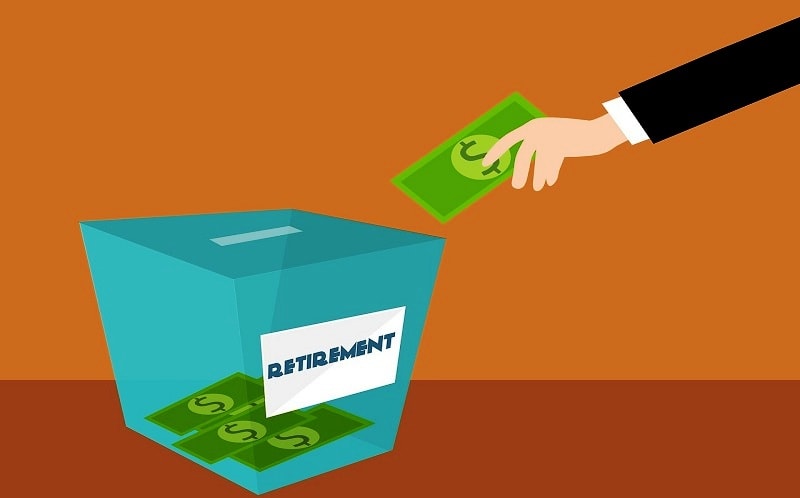When you are a student and have never had a credit card, it may be a bit difficult for you to be given student credit cards or find the one that suits you best.
Luckily, there are some banks that offer special accounts for these young people and, therefore, below, five points are shared that might interest you. With a guaranteed card, your credit line is ‘insured’ by a refundable security deposit that you pay to the bank in advance. The deposit is saved in an account that may or may not generate interest.
In this type of account, your credit limit for student credit cards will depend directly on the amount of your deposit, since this guarantee reduces the credit risk for the lender bank.
What are the advantages of student credit cards?
Apart from that, they will help you to start generating credit activity, student credit cards also have direct benefits on your lifestyle.
For example, it is very common to find promotions, presales, and rewards that are especially aimed at young people.
But not everything stays in the educational field. There are also promotions for students in some places such as restaurants, cafeterias, cinemas, concerts or clothes.
Lastly, there are some college cards that also include some associated insurance. For example, there are some that have roadside, medical, or legal assistance programs.
Another coverage that they also offer is the release of balances for death and national and international travel insurance where all tickets are paid.
How and what do student credit cards work for?
The cards for young people are a means of payment that is aimed at this specific segment with financial advantages that allow the student to keep track of expenses and manage money. By having a credit card you start to learn how to organize your income and the management of your money so as not to have to pay at the wrong time or, in the worst case, not to pay at the end.
In this way, whenever you can and your personal finances allow it, you can take advantage and pay in months. So you can have what you want without the need to decapitalize.
Another use of credit cards for students is that your first credit card will help you generate a good credit history with the bank. In this way, you can request, in the future, larger loans such as car loans or mortgages.
The amount of money that the bank or the financial institution will lend you depends on several factors such as, for example, what your income is or how you face the debts you have. Each bank defines the money limit for each client specifically.
That is why as a student, the financial institution will most likely lend you little money because you do not charge much.
The basic idea of the first credit card is to start a relationship of trust with the bank so that, as it improves, the type of loans you can ask for will also do so. That is the reason it is necessary that you always make your payments on the given date and, most importantly, that you do not use more than you can afford.
What are the requirements for student credit cards?
The requirements to process the credit card are quite similar in all banks and financial institutions. In general, these are:
You have to be a university student.
- Present the voter’s credential or passport. In the case of being a foreigner, the permanent resident card and a valid passport.
- Proof of address. It can be the telephone, water or electricity bill.
- The current university credential.
- Proof of studies
- Demonstrate a minimum monthly income.
What are the costs of student credit cards?
University cards are also subject to a series of costs. There are some that have to be paid every month and others only when a certain linked service is used.
The main commissions on student credit cards are:
- The annuity of the card
- Credit provision at the branch window
- Obtain ATM credit from the bank or network.
- Credit provision at an ATM abroad
- Registration to certain programs
- Impression of the account statement or movements in the branch window
- The replacement for theft or loss
- The commission for clarification
- Late payment fee
- Commission for improper clarification of unrecognized charges
- Non-payment
- Deferred charges request for the credit line.
- Use of the correspondent network infrastructure for card payment
In addition, at the time the student credit card is used at an ATM, commissions may also be applied in different operations such as the maximum amount per day or month at a national, international, or branch ATM.
By law, a person cannot apply for loans until he reaches the age of majority. Starting with this factor, it is important to take into account that you must be 18 years old to apply for a credit card, even if it is a student.
Conclusion
In addition, before entering the world of credits, you must ask yourself several questions: Are you responsible? Why do you want a card? Are you ready to acquire a financial commitment? Will your parents help you if you can’t pay for a month? Do you have a way to get the money? Ask yourself these types of questions to be clearer about whether you are ready to have your first credit card.






























